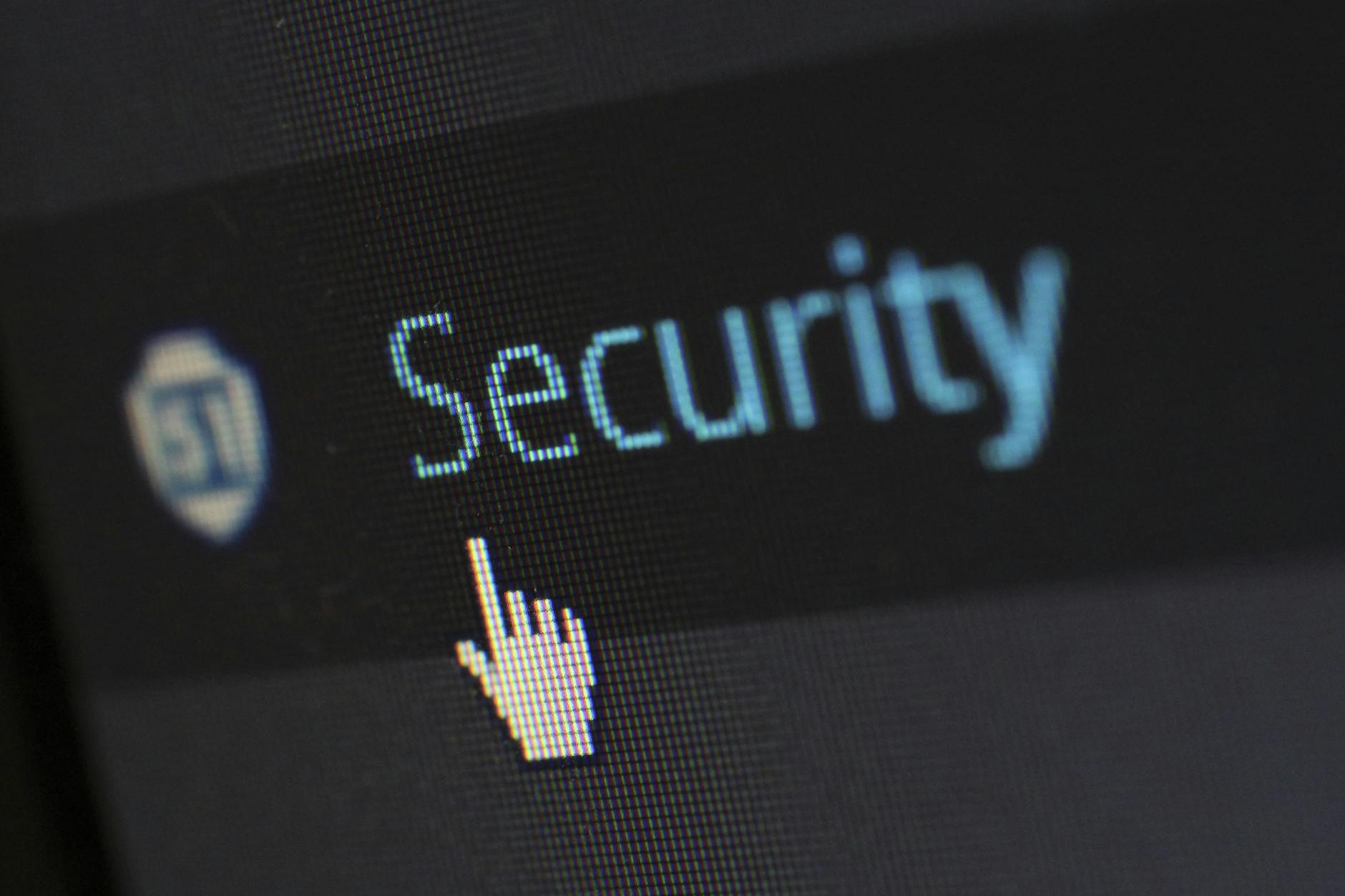In today’s digital age, where cyber threats are rampant, it is crucial to secure your online accounts with robust authentication methods. Two-factor authentication (2FA) is one such tool that provides an additional layer of security beyond just passwords. By requiring a second verification step, 2FA significantly enhances the protection of your sensitive data and information. Let’s delve deeper into why two-factor authentication is considered essential for safeguarding your online accounts.
Importance of Two-Factor Authentication
With the increasing frequency of data breaches and hacking attempts, relying solely on passwords is no longer sufficient to protect your online accounts. Cybercriminals have become adept at cracking passwords through various means such as phishing, social engineering, or brute force attacks. Two-factor authentication adds an extra security check, typically involving something you know (password) and something you have (a mobile device or an authentication app).
How Two-Factor Authentication Works
When you enable 2FA on an online account, logging in requires not only your password but also a second verification method. This could be a one-time code sent to your mobile phone via SMS, a biometric scan, a hardware token, or an authentication app like Google Authenticator. Even if hackers manage to obtain your password, they would still need the secondary authentication factor to gain access to your account.
Benefits of Two-Factor Authentication
1. Enhanced Security: 2FA significantly reduces the risk of unauthorized access to your accounts, even if your password is compromised.
2. Protection Across Multiple Devices: Many 2FA methods are device-agnostic, allowing you to secure your accounts across different smartphones, laptops, or tablets.
3. Easy Implementation: Most online services offer 2FA as an optional security feature that can be easily set up within a few minutes.
4. Peace of Mind: Knowing that your accounts are fortified with an extra layer of protection can give you peace of mind, especially when dealing with sensitive or confidential information.
Best Practices for Implementing Two-Factor Authentication
– Enable 2FA on all your important online accounts, including email, social media, banking, and cloud storage services.
– Avoid using SMS-based 2FA if possible, as it can be vulnerable to SIM swapping attacks. Instead, opt for authenticator apps or hardware tokens.
– Regularly review the devices and apps linked to your accounts and revoke access for any unfamiliar or unused ones.
– Backup your 2FA codes or recovery keys in a secure place in case you lose access to your primary authentication method.
Conclusion
In conclusion, two-factor authentication is an essential tool for bolstering the security of your online accounts in an increasingly digital world. By adding an extra layer of verification beyond passwords, 2FA plays a vital role in safeguarding your sensitive information and preventing unauthorized access. Implementing 2FA is a proactive step towards protecting your digital identity and reducing the risk of falling victim to cyber threats. Take the time to enable two-factor authentication on your accounts today and fortify your online security posture.



